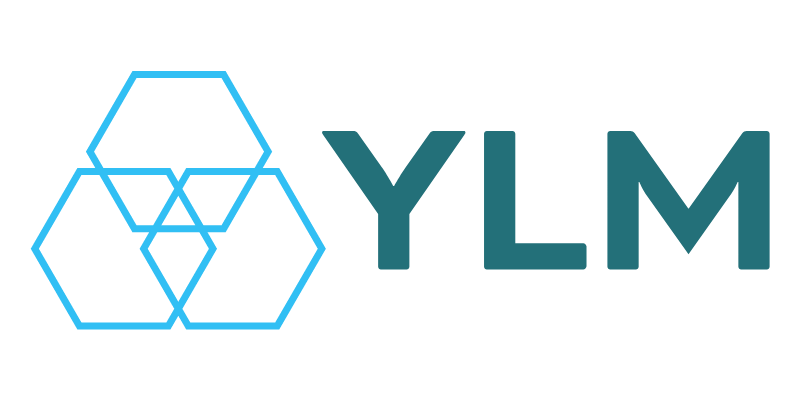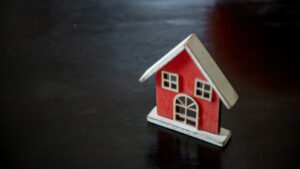Description
A reverse mortgage is a loan available to homeowners who are 62 years or older that allows them to convert part of the equity in their home into cash. The loan is called “reverse” because the lender makes payments to the borrower.
Benefits
- Supplemental Income: Provides a steady stream of income or a lump sum that is not taxable as income.
- No Monthly Mortgage Payments: Borrowers are not required to pay back the loan until the home is sold or vacated.
- Estate Planning: Allows homeowners to stay in their home and use the equity they have built.
Requirements
- Age: At least 62 years old.
- Equity: Significant equity in the home; typically, at least 50%.
- Primary Residence: The property must be the borrower’s primary residence.
Loan Options
Options include lump-sum payments, monthly payments, or a line of credit.
FAQs
- How does a reverse mortgage affect my heirs?
- Heirs will have the option to pay off the loan and keep the home, sell the home to pay the loan, or sign the deed over to the lender.
- What are the upfront costs associated with a reverse mortgage?
- Upfront costs include an origination fee, upfront mortgage insurance premium, and other standard closing costs.
- Can a reverse mortgage be foreclosed?
- Yes, if taxes and insurance are not paid, or the homeowner fails to maintain the property, the loan can become due, and foreclosure may follow.
- What happens if the loan balance exceeds the home’s value?
- Reverse mortgages are non-recourse loans. If the loan balance exceeds the home’s value at sale, the insurance will cover the difference.
- Is income from a reverse mortgage taxable?
- No, the money received from a reverse mortgage is considered a loan advance, not income, and is not taxable.















